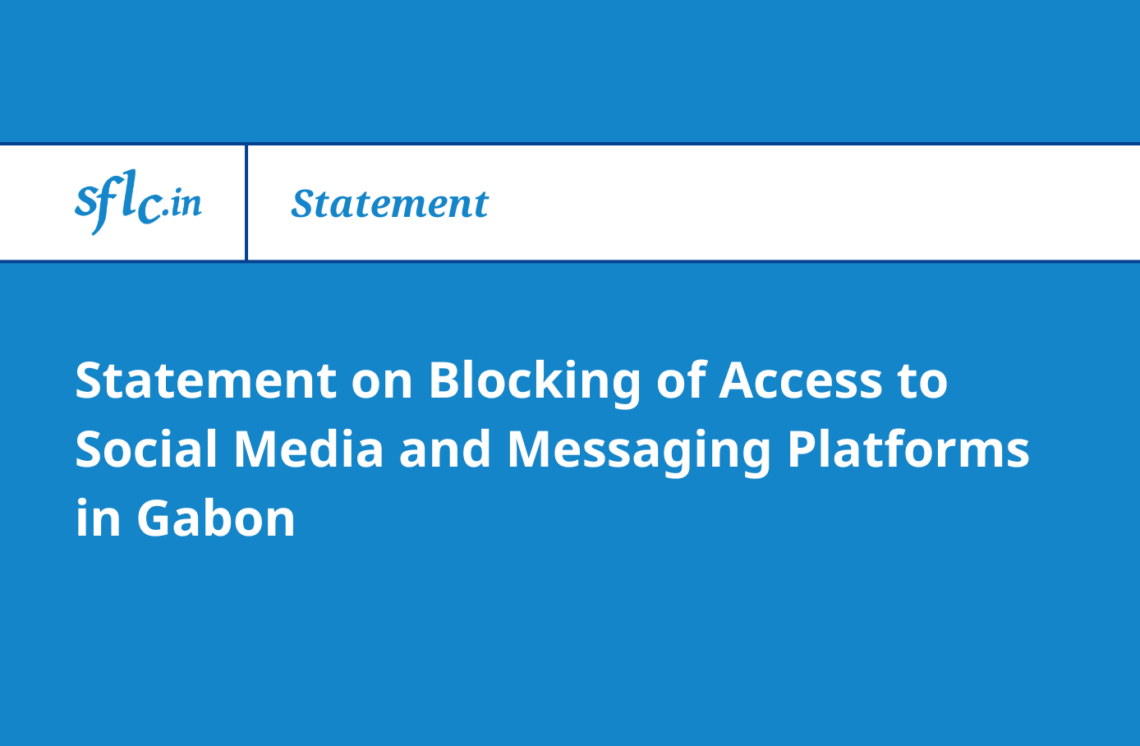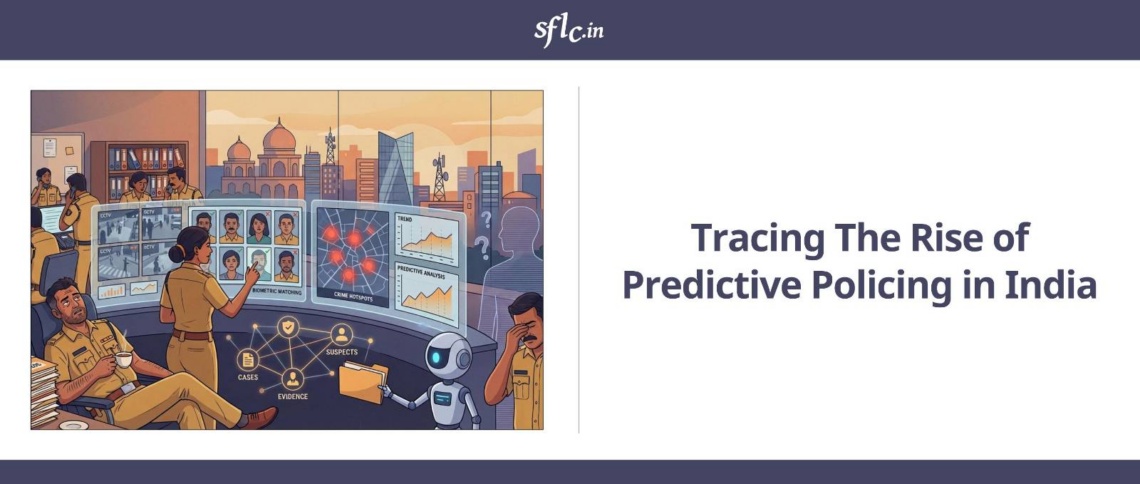SFLC.in’s Statement on the Karnataka Mis-Information and Fake News (Prohibition) Bill, 2025
Amongst the huge wave of harmful content disseminated on social media platforms or instant messaging services, misinformation and fake news has increasingly disrupted access to information online. While the number of such instances is staggering, it is vital to consider the wider ramifications of any proposed law or regulation that aims to deal with this issue. SFLC.in urges the Government of Karnataka, the Ministry of Information and Broadcasting (“MIB”) and the Ministry of Electronics and Information Technology (“MeitY”) to ensure that the public consultation process for the Karnataka Mis-information and Fake News (Prohibition) Bill, 2025 (“the Bill”) will be inclusive, transparent and encourage participation from a diverse group of stakeholders.
One of the few prominent features of the Bill is its proposed mandate to criminalize the dissemination of misinformation and fake news. People found to be disseminating such content on social media platforms could be penalized with an imprisonment term ranging from two to seven years. Secondly, the Bill proposes the constitution of “Fake News on Social Media Regulatory Authority”—tasked with punishing, prohibiting, and banning the publication of content that constitutes fake news and misinformation under the Bill. This Bill could be yet another framework under which the MIB and the Designated Officer under the IT Blocking Rules, 2009, could exercise regulatory control and issue blocking orders—as defined under clause 2(l) of the Bill.
An initial perusal of the Bill reveals a conflation between misinformation, fake news and disinformation. Phrases such as ‘knowingly or recklessly making a statement of fact’ or a ‘misquotation, false or inaccurate reporting’ reveals the Bill’s apparent intent to punish the intentional sharing of false information to deceive the larger public. While there are no established definitions of mis-disinformation and fake news given that its an evolving phenomenon, the United Nations’ General Assembly has published a report stating the risks of regulating the spread of disinformation and its tendency to restrict freedom of speech and expression on a disproportionate level.
Furthermore, criminalising such forms of speech is rather likely to not only produce a chilling effect on freedom of speech and expression, stifle dissenting voices and muzzle independent journalism—all of which are essential facets of a healthy and functional democracy. Additionally, the High Court of Bombay has already held similar provisions mandating the formation of government authorized fact-checking agencies as unconstitutional and violative of Article 19(1)(a) of the Constitution of India.
Instead of opting for a punitive approach to combat misinformation and fake news, SFLC.in urges the Government of Karnataka to reconsider various provisions of the Bill as per the prevailing constitutional law jurisprudence in India. Rather than punishing people who can often suffer the consequences of sharing or acting upon fake news and misinformation themselves, it would be key for the Government to engage with a diverse group of stakeholders to conduct an exhaustive study on the impact of such a law and consult how various stakeholders such as members of the general public, civil society, journalists and social media companies are impacted by dissemination of misinformation and fake news. Harms arising from such content can be effectively mitigated by building awareness, capacity and resilience towards disinformation and fake news.
We would be obliged to meet and engage in dialogue over such critical issues with the Government of Karnataka.
About SFLC.in
SFLC.in is the first Indian legal services organization that works exclusively on technology, law, and policy. As a not-for-profit organization engaged in the empowerment of Indian citizens of their digital freedom and rights, it operates as a collective bringing together different stakeholders to a common platform to further the cause of digital rights. We promote innovation and open access to knowledge by helping policy makers make informed and just decisions regarding the use and adoption of technology.
Read the full statement here:




